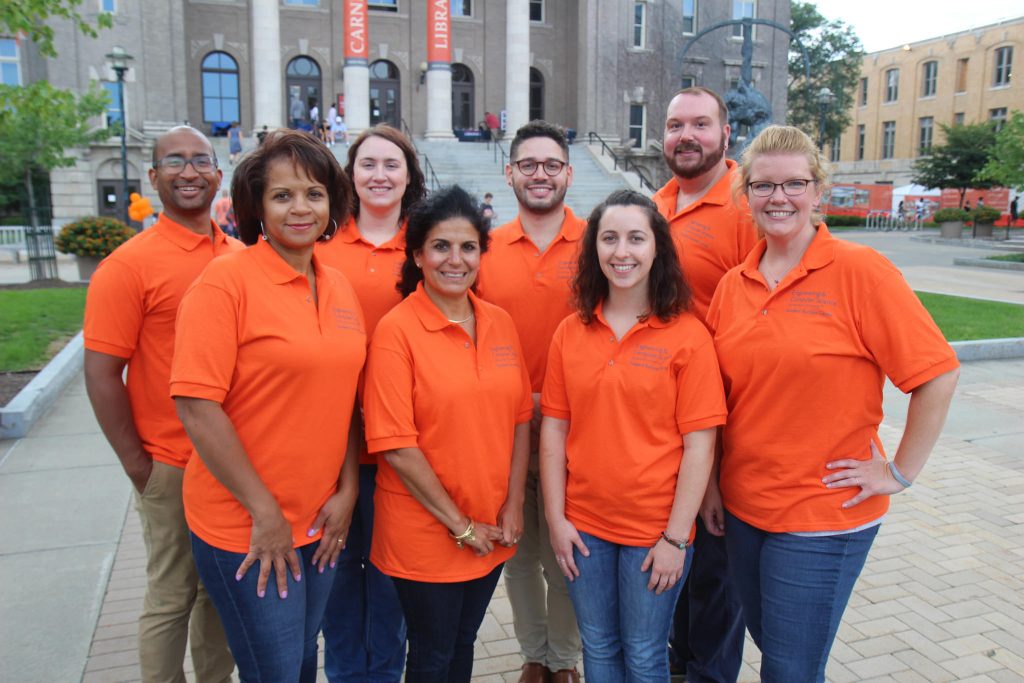Maxwell’s Baobao Zhang Awarded NSF CAREER Grant to Study Generative AI in the Workplace
Baobao Zhang, associate professor of political science and Maxwell Dean Associate Professor of the Politics of AI, has received a National Science Foundation Faculty Early Career Development (CAREER) Award for $567,491 to support her project, “Future of Generative Artificial Intelligence…



 Engineering and computer science students will engage with the new model through Route 44—a roadmap for students to follow from day one to graduation. Through Route 44, students will meet with their advisors at least once per semester and earn points for themselves and for their team as they unlock achievements and meet milestones that include attending ECS community events, participating in career fairs, and making the Dean’s list. Periodically, prize drawings will be held for top point earners. The College’s Student Success Center will also host a year-end celebration for the winning team.
Engineering and computer science students will engage with the new model through Route 44—a roadmap for students to follow from day one to graduation. Through Route 44, students will meet with their advisors at least once per semester and earn points for themselves and for their team as they unlock achievements and meet milestones that include attending ECS community events, participating in career fairs, and making the Dean’s list. Periodically, prize drawings will be held for top point earners. The College’s Student Success Center will also host a year-end celebration for the winning team.